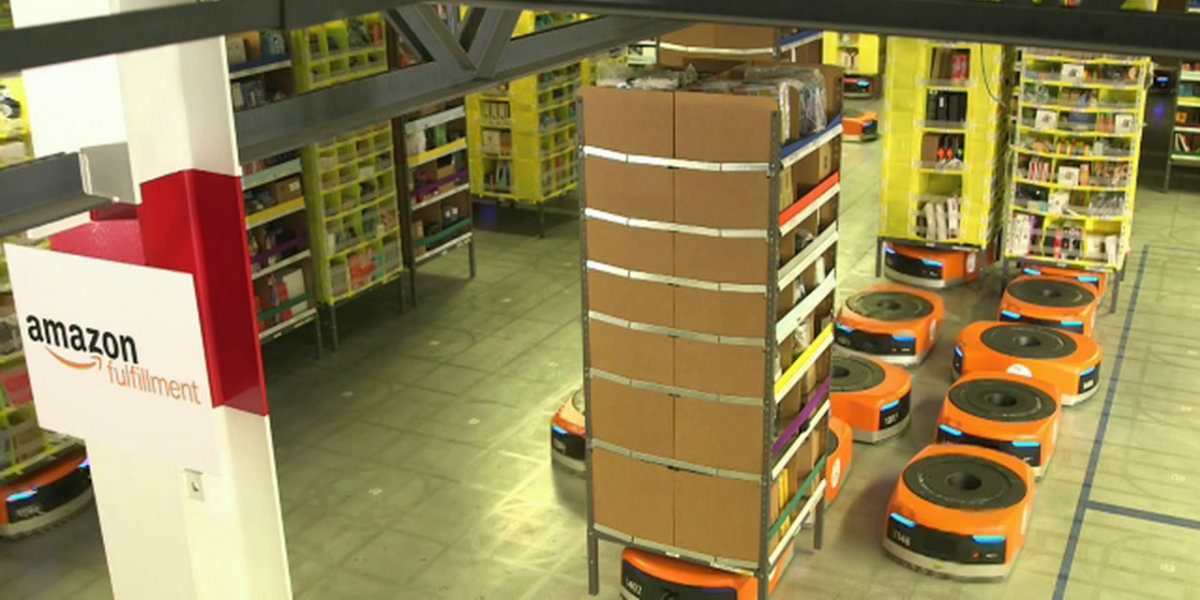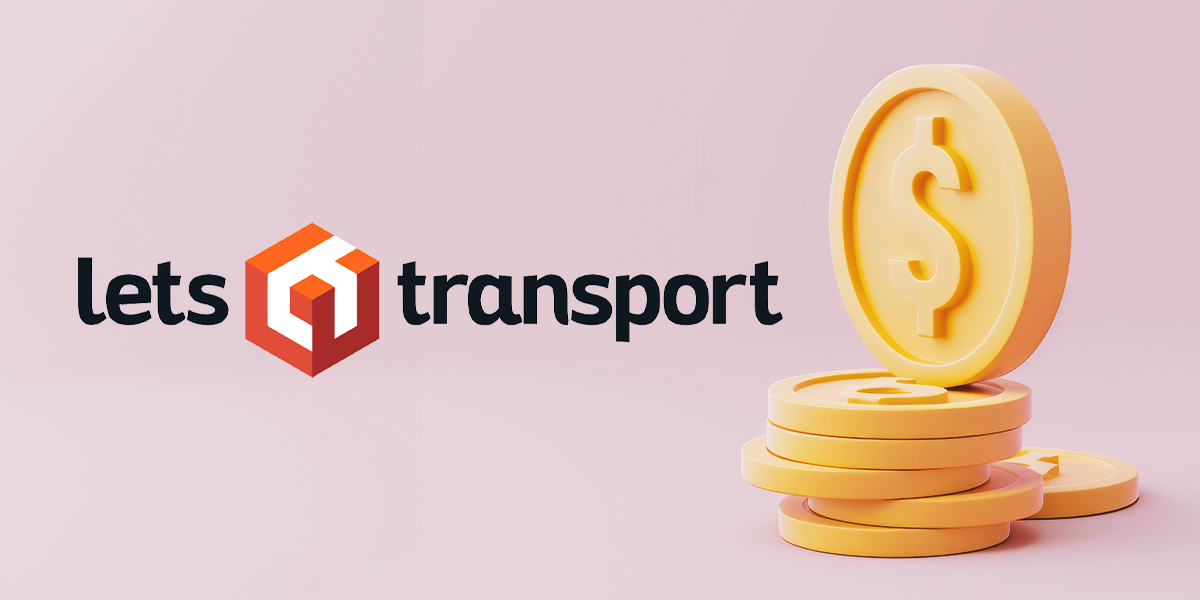Ecommerce giant Amazon.in has revised its policy on shipping charges, making it a matter of debate among seller community on its platform. The new reform under branding of ‘Go Local’ will be effective from August 8.
Sellers of online marketplace Amazon.in will now have to start paying logistics cost-based on distance and region. According to the new policy, it will divide the country into four regions, making it cheaper for sellers to ship to customers falling under the same region while shipments from one region to another will see an increase of 15-16 per cent in the weight handling fees charged by Amazon.
Sellers who use Fulfilment by Amazon (FBA) programme and store their inventory in the Amazon fulfilment centres will also come under these new reforms.
As per ET report, “The recent shipping fee change for our FBA sellers, which is independent of the GST implementation and is based on our regular seller feedback, will provide sellers the opportunity to reduce their costs of doing business on Amazon,” said Amazon India.
It also said that the sellers can reduce costs by up to 35 per cent by placing their inventories closer to customers by availing FBA services in additional regions under its ‘Go Local’ programme.
However, vendors don’t agree with this claim. “For Amazon’s claim of 35 per cent extra savings to be true, all orders should be from a single region,” said an independent seller.
The All India Online Vendors Association (AIOVA) has opposed the Go Local policy and termed it as unethical move by ecommerce major. The new policy will negate the cost relief they had got due to implementation of the goods and services tax (GST)
The association also wrote to the ecommerce company saying this will result in higher cost of business for sellers and prices will have to be hiked.
A spokesperson of AIOVA said, “Till now we were faced with the cascading effect of taxes, which got eliminated due to GST. Amazon has increased prices by 15 per cent, which is similar to the service tax. In the post-GST regime, sellers were absorbing 4-5 per cent benefit that would have been passed onto consumers. Now Amazon will eat up this benefit.”














